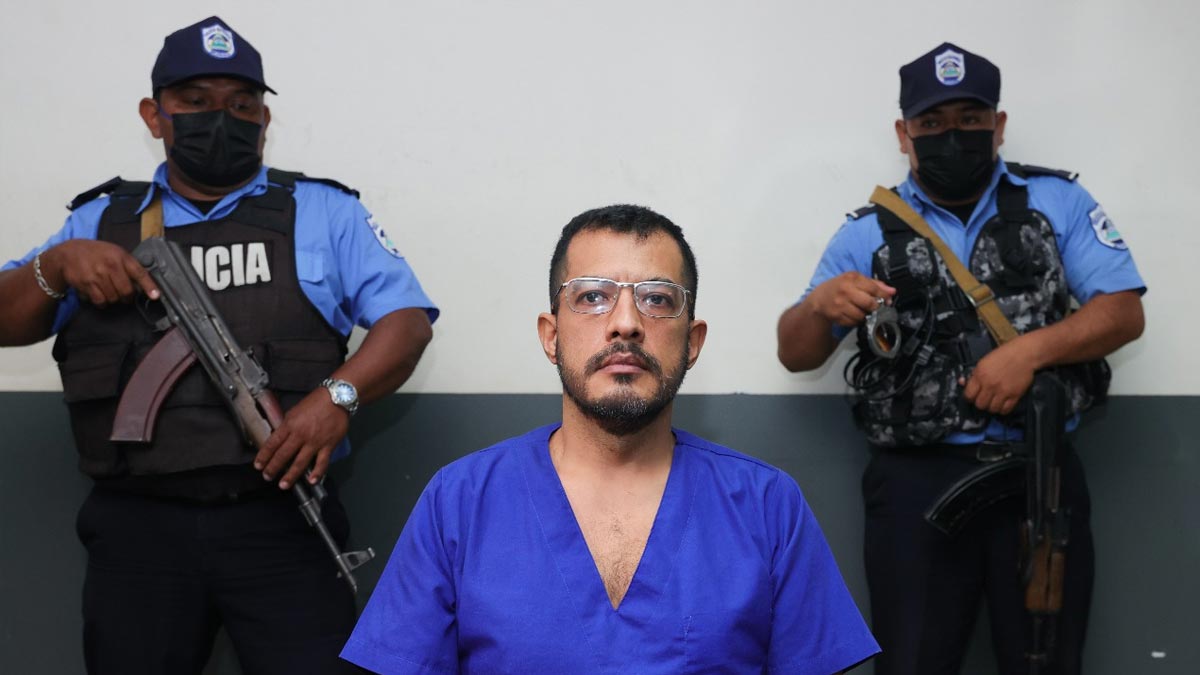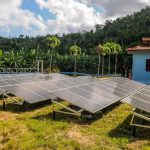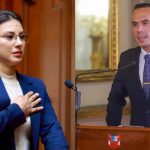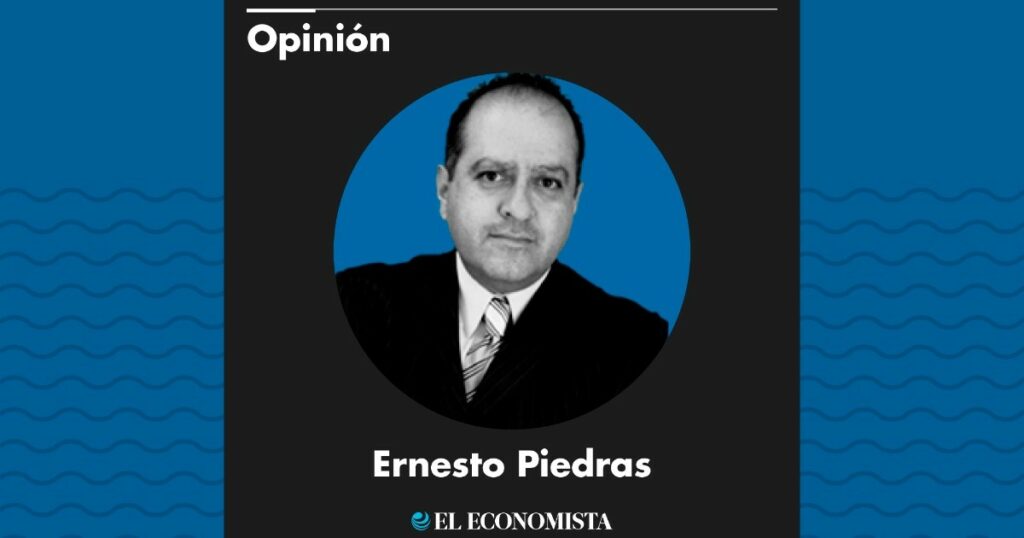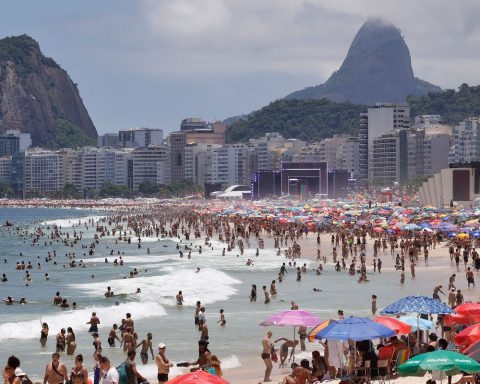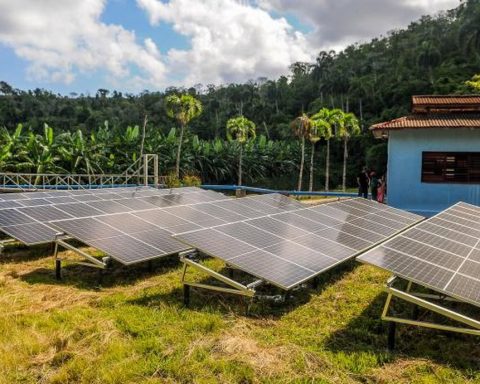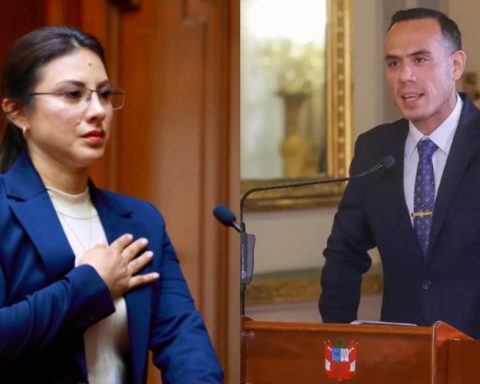Gabriel Mato, deputy of the Popular Party (PP) in the European Parliament, denounced that the “situation behind bars is unsustainable” for the political prisoner Félix Maradiaga. The opponent has been locked up for more than 15 months in the cells of the Judicial Assistance Directorate (DAJ), known as “El Chipote”, subjected to cruel, inhuman and degrading treatment.
The MEP joined the global campaign “Breaking chains, sponsor a political prisoner”, which seeks to make visible the situation and reality of political prisoners around the world, give them a voice and demand justice and respect for all of them, “for those who they have been immorally imprisoned by totalitarian governments, even isolated and tortured,” Mato asserted.
«I have decided to join the world campaign: breaking chains, sponsor a political prisoner, which the Casla Institute has launched to denounce the cruel reality that many political prisoners live. I have decided to sponsor the Nicaraguan Félix Maradiaga, a human rights defender and leader of Nicaraguan opposition groups. He has been unjustly imprisoned for 15 months in inhuman conditions by Ortega’s despotic government,” said the MEP in a video posted on his social network account. Twitter.
Related news: Javier Nart “sponsors” Dora María Téllez, will continually condemn her imprisonment before the European Parliament
“His situation behind bars is unsustainable. In the face of abuses like this, we cannot remain silent or be mere spectators of the atrocities that many tyrannical regimes are committing. We must act. Respect for democracy and freedoms must be a reality for all”, he added.
Maradiaga was captured on June 8, 2021, a few meters from the Public Ministry in Managua, minutes before he had been interrogated by Daniel Ortega’s prosecutors. After his arrest, he was transferred to “El Nuevo Chipote”, a well-known torture center, according to the relatives of political prisoners.
The Ortega justice imposed a sentence of 13 years in prison. The hostage of conscience faced seven hearings that, according to his defenders, were “riddled with irregularities” that culminated in a guilty verdict. The dictatorship accused him of violating Law 1055, the Sovereignty Law, a legal tool approved by the deputies of the dictatorship to persecute, imprison and prosecute opponents of the Ortega-Murillo regime.
